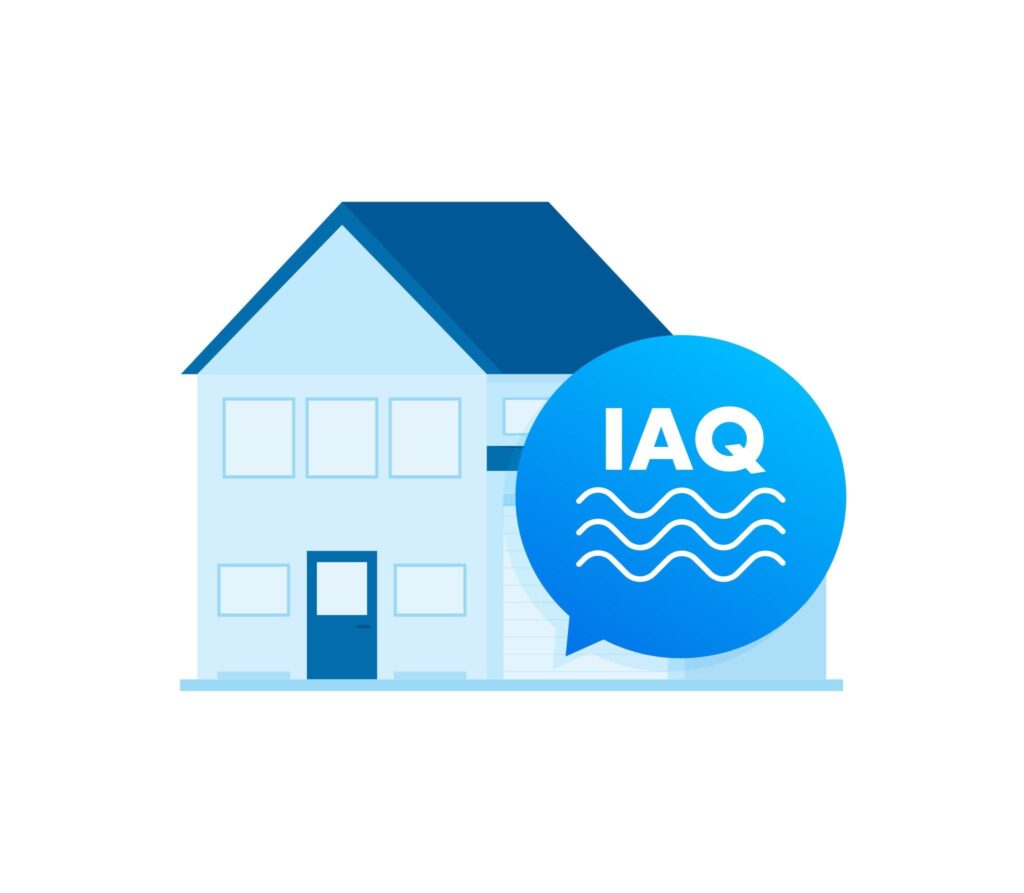

HVAC Services
Get Professional Repairs From The Area's Trusted HVAC Technicians. Ask About Our Services! We Offer Professional Heating & Cooling System Repairs And Guarantee Long-Lasting Results.
Got Question? Call us: (850) 678-2665Financing
What is IAQ: Understanding Indoor Air Quality

With US homeowners spending 90% of their time indoors, indoor air quality (IAQ) and HVAC have become a central concern. A lot of people in Northwest Florida are suffering from the negative impacts of indoor air quality. Fortunately, you can use air filters and HEPA filters to make your HVAC systems more efficient in dealing with common IAQ issues.
Let’s explore what is IAQ and its impacts on your health in more detail.
Causes of Poor Indoor Air Quality (IAQ)
Indoor air pollution is a broader term that refers to the various air pollutants that exist in your room and can cause adverse health effects.
The following factors can contribute to poor indoor air quality:
- Poorly maintained HVAC system
- Carbon monoxide
- Household chemicals
- High humidity levels
- Pet dander
- Dust mites
- Mold and mildew
- Inadequate ventilation
Negative Effects of IAQ
A recent report by the US Environmental Protection Agency highlights that poor indoor air quality can contribute to a range of short-term and long-term health issues. Possible short-term effects of poor indoor air quality include:
- Respiratory congestion
- Sore throat
- Headaches
- Dizziness
- Fatigue
- Itchy eyes
- Sneezing
- Coughing
Additionally, poor indoor air quality can worsen some already existing illnesses. For example, indoor air pollution can exacerbate your symptoms if you’re suffering from chronic lung disease or asthma.
Solutions to Improve Indoor Air Quality
Paying attention to the following points will surely help you improve your indoor air quality:
● Ensure Routine Air Conditioning Maintenance
Your cooling system can’t improve and maintain indoor air quality without receiving routine maintenance. If your unit goes out of maintenance, it might worsen the problem.
● Clean Your Air Filters
As air filters are one of the significant components that ensure improved air quality in your home, ensuring their regular maintenance is essential. You can clean the air filters yourself if you have the right tools. Also, professional HVAC technicians can replace your air filters as a part of annual HVAC maintenance services. It is advised to change your air conditioner’s air filters at least once every 90 days to improve indoor air quality.
● Increase Ventilation
Adequate ventilation is vital to maintaining a hygienic environment in your home. Opening your windows and doors can be a simple yet cost-effective way of achieving fresh air in your home. Also, you use exhaust fans in the kitchen and bathroom to remove cooking fumes and moisture.
● Prevent Mold Growth in Your Room
Mold growth is one of the major causes of indoor air pollution. So, make sure to keep your air duct dry and regularly inspect HVAC drain pipes to check any signs of mold growth. In addition, reducing humidity levels and applying mold inhibitors in the HVAC unit can help prevent mold growth in your building.
Since poorly maintained HVAC system is the primary cause of indoor air pollution, make sure to schedule your monthly AC maintenance services with professional HVAC contractors. If you want a regular tune-up or annual AC maintenance services to improve indoor air quality, turn to the experts at Tempacure Heating & Air Conditioning.

